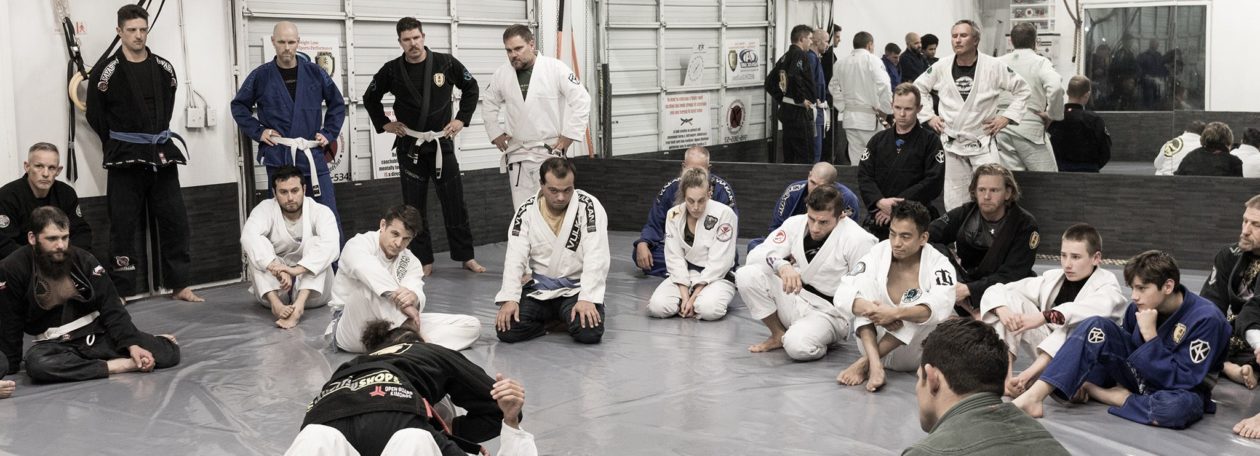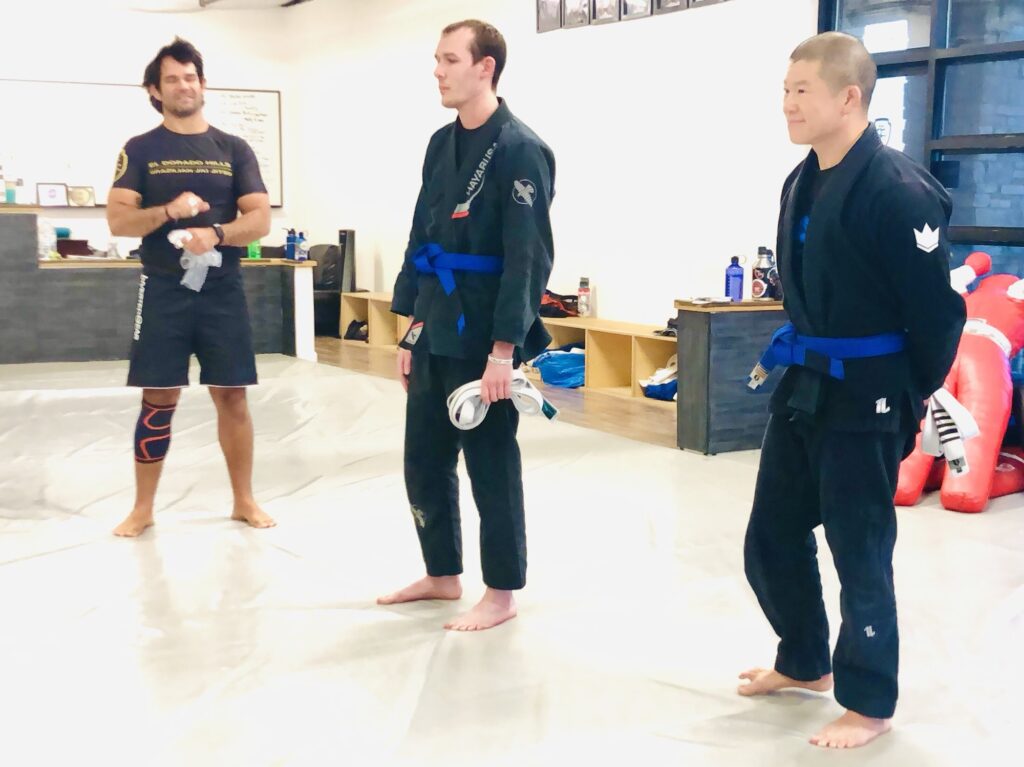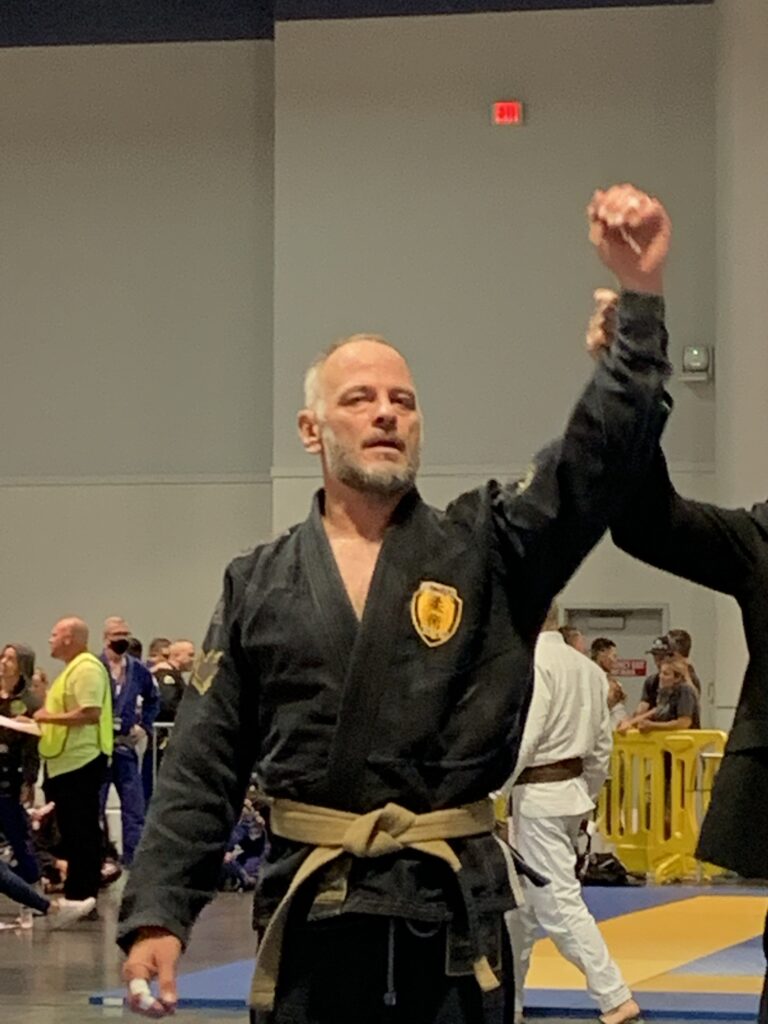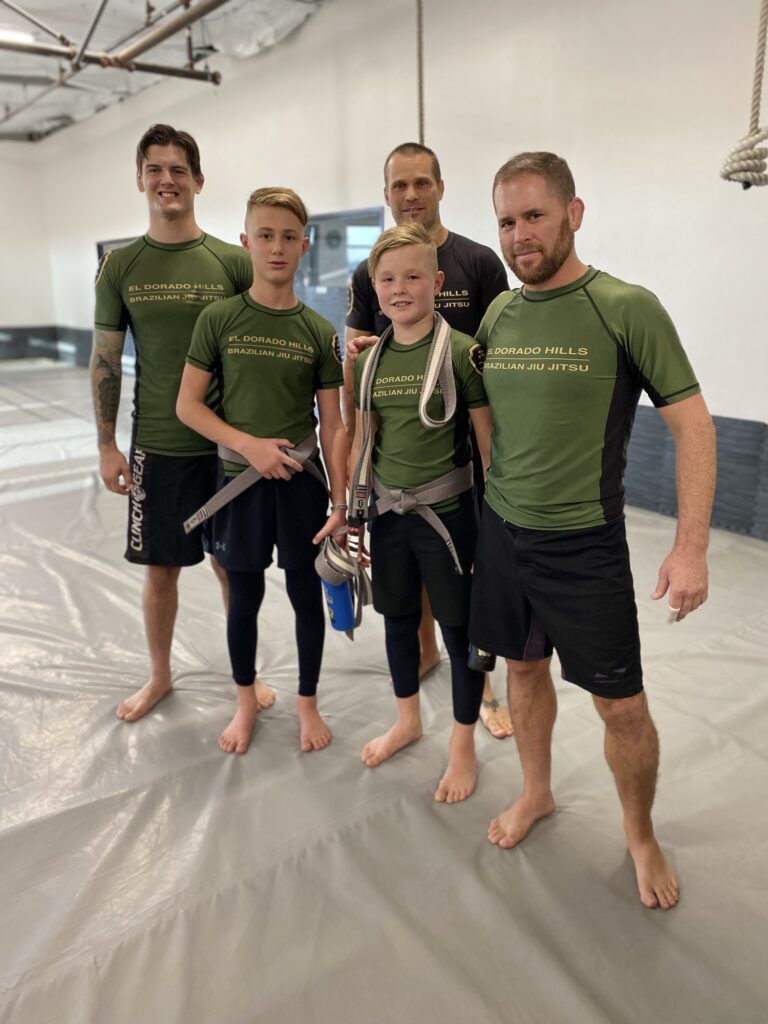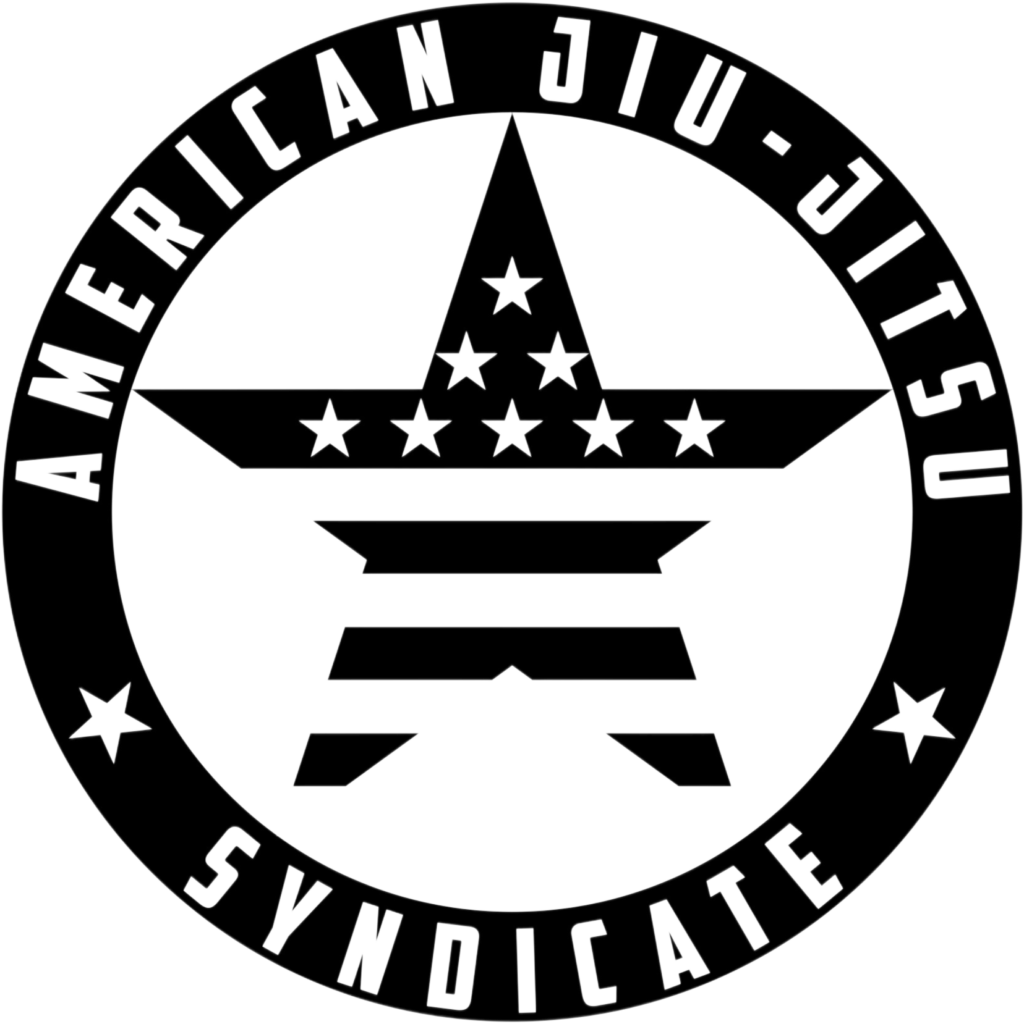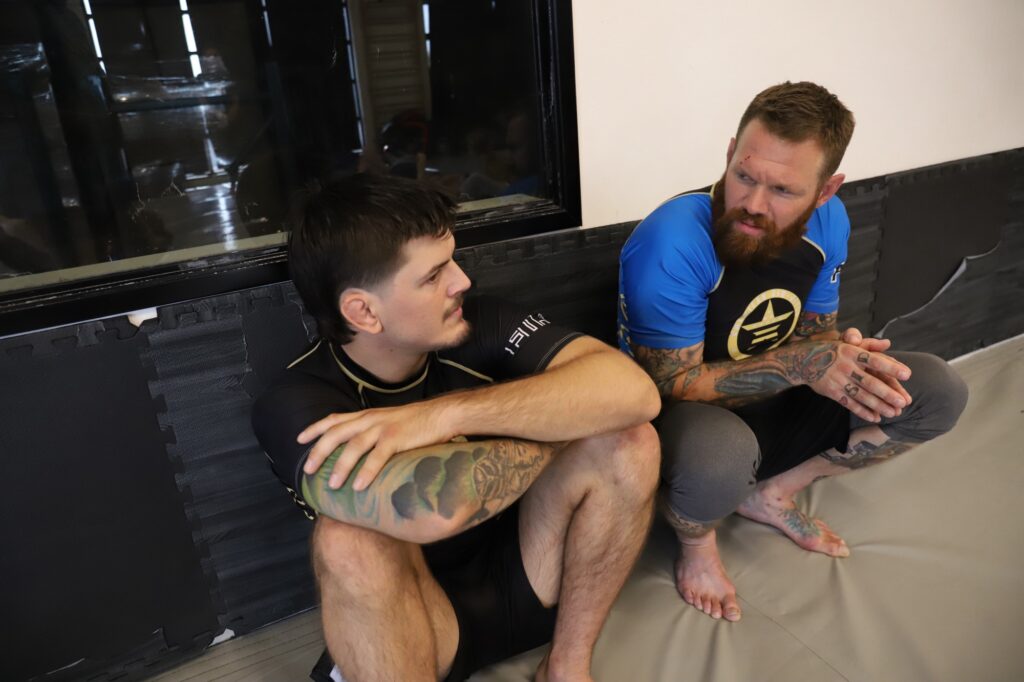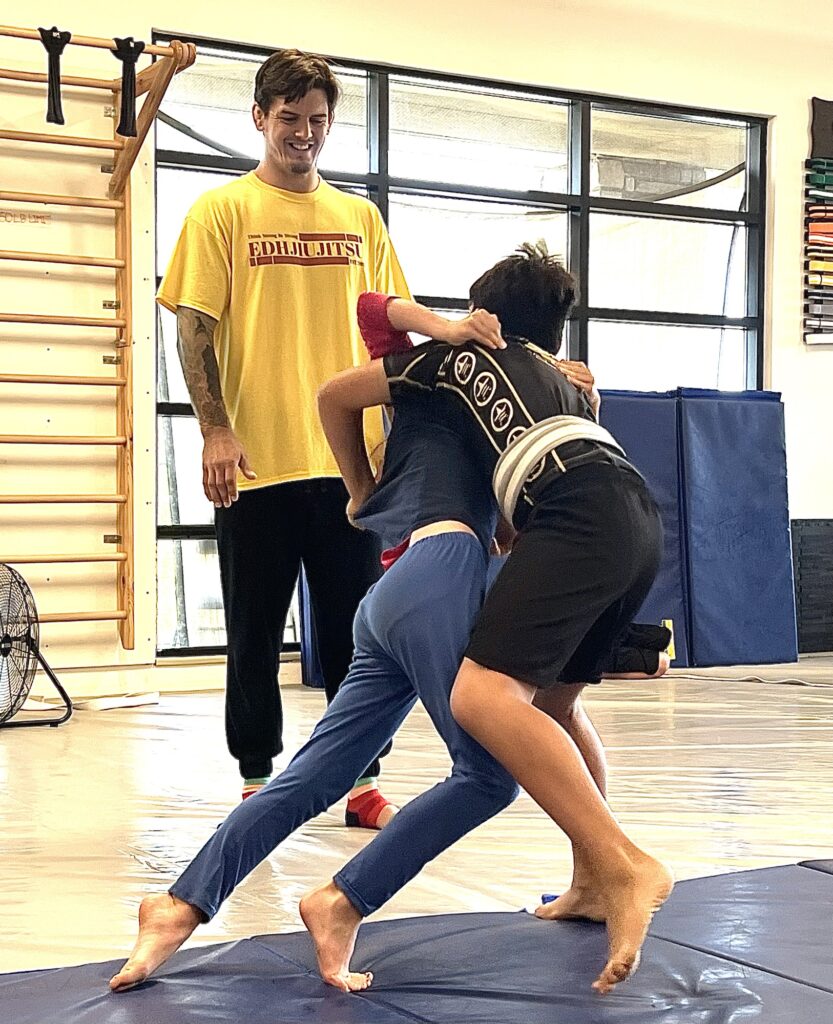
As the year comes to a close, it’s the perfect time to pause and reflect. Whether you’ve spent the year honing your skills on the mat, setting personal goals, or navigating life’s challenges, the end of the year provides a unique opportunity for self-evaluation. At El Dorado Hills Jiu Jitsu, we believe that taking time to assess where you’ve been and where you want to go is as important as drilling techniques or rolling in class.
Reflecting on the Year
Reflection is about more than recounting achievements; it’s about understanding the lessons you’ve learned. Ask yourself:
• What did I accomplish this year? Celebrate your victories, no matter how small. Did you finally nail that armbar or feel more confident during sparring?
• What challenges did I face, and how did I respond? Whether it was an injury, a tough loss, or finding balance between training and life, identifying areas of struggle helps highlight your resilience.
• How have I grown off the mat? Jiu Jitsu teaches us patience, discipline, and perseverance. How have these traits influenced your relationships, work, or other areas of life?

Setting Intentions for the New Year- New Season
Once you’ve reflected on the past, it’s time to look forward. Growth doesn’t happen by accident; it’s built through intentional effort and consistent routines. Here are some ways to level up both on and off the mat in the coming year:
1. Create a Training Routine
Consistency is key in Jiu Jitsu. Set a realistic schedule that works with your life. Whether it’s committing to 3 classes a week or joining the 6am crew, showing up regularly will sharpen your skills and deepen your connection to the team.
2. Focus on One Area of Improvement
Instead of trying to master everything at once, focus on one aspect of your game. Maybe it’s guard retention, takedowns, or learning how to relax under pressure. Off the mat, consider adopting a similar approach—like improving your time management or prioritizing mental health.
3. Incorporate Cross-Training or Recovery
Your body is your tool, so take care of it. Add yoga, strength training, or active recovery days to your routine to complement your Jiu Jitsu practice. Prioritizing sleep and proper nutrition can make a world of difference in your energy levels and performance.
4. Practice Mindfulness and Gratitude
Mental growth is just as important as physical growth. Take time each day to meditate, journal, or simply list things you’re grateful for. This small habit can help you stay present and find joy in your journey.

Building Momentum for the Future
The lessons learned on the mat often mirror those in life. By reflecting on the past year and setting intentional routines, you can move into the new year with purpose and determination. Growth doesn’t happen overnight, but with consistent effort, you’ll surprise yourself with what you can achieve.
Let’s make the new year one of progress, not perfection. Whether you’re a seasoned competitor or just starting your Jiu Jitsu journey, the path to improvement is always open. Join us at El Dorado Hills Jiu Jitsu as we step into another year of learning, growing, and supporting one another—on and off the mat.
What are your goals for the new year? Let us know next time you’re at the gym, or share them in the comments below. We can’t wait to see what 2025 holds for our amazing community!
